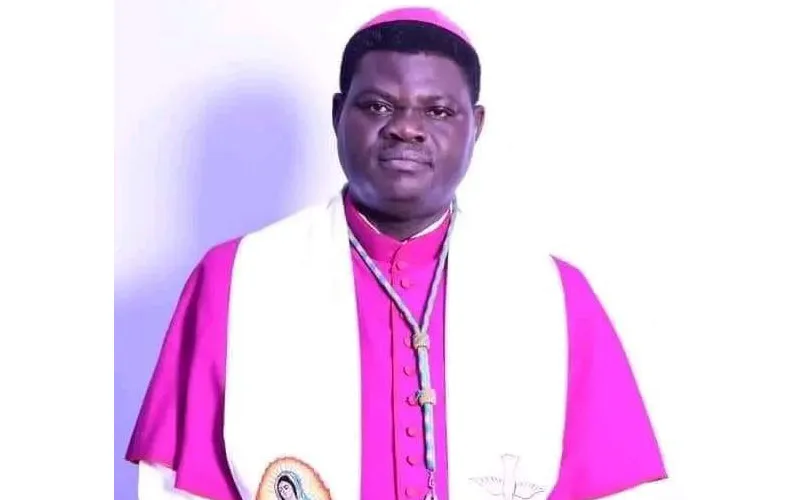“We are grateful to everyone for prayers and efforts made to address this concern. May the New Year bring us Peace and a cessation to the killings and displacements,” the Nigerian Catholic Bishop says.
According to the information gathered by the Diocese of Makurdi, a total of 16 different attacks were carried out in the area served by the Diocese. With 12 attacks, December that had most of the attacks.
The attack on the Kadarko community on December 20, which left 10 people dead and several others injured was the deadliest. Another deadly attack occurred two days later in Sabon Gidan Bature, close to Kadarko, leaving six people dead. Another six people were left dead on Christmas day when armed Fulani herdsmen attacked Kadarko, Nasarawa State.
Among the three people who were killed on December 22 in Tse Iho, was a mother of five who was set ablaze alive.
Aondoaver Salemga, the man who was killed on December 24 in Tse Agbenge, was a Catholic Church leader who, according to Bishop Chikpa, conducted services in the absence of a member of the Clergy.
Eyewitnesses said that Mr. Salemga was preparing to go to the church and participate in Christmas eve liturgy heralding the birthday of Christ when herdsmen waylaid and shot him, the Nigerian Bishop says, and adds, “The incident caused tension within the community as many people fled for fear of the unknown.”
Attached to the report shared by Bishop Chikpa are gory images of those who were killed by people that the Catholic Church leader refers to as “Fulani herdsmen terrorists”.
He says, “I know the photos are gory but necessary for all to see what atrocities are committed against our people by Fulani herdsmen terrorists.”
According to the Catholic charity foundation, Denis Hurley Peace Institute (DHPI), violence continued unabated in Nigeria during the festive season, “with Benue State emerging as the worst hit in the country.”
Agnes Aineah is a Kenyan journalist with a background in digital and newspaper reporting. She holds a Master of Arts in Digital Journalism from the Aga Khan University, Graduate School of Media and Communications and a Bachelor's Degree in Linguistics, Media and Communications from Kenya's Moi University. Agnes currently serves as a journalist for ACI Africa.








